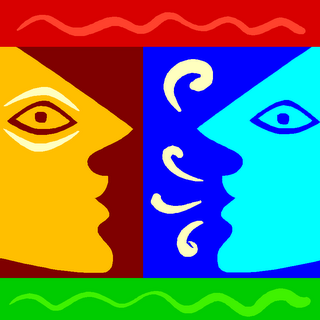
Plato repeatedly addressed a number of issues in the dialogues.
For instance, Plato addressed the father-son relationship focusing upon the question of whether a father's interest in his sons has much to do with how well his sons turn out.
In addition, in a number of the dialogues Socrates advocated that knowledge is a matter of recollection and not of learning, observation or study. This conclusion is reflective of and seems to form the basis for Plato's idea of the Forms in which all knowledge is received in eternity by impression upon the pre-existent soul but which knowledge is blocked out by the trauma of birth. Therefore, for Plato also knowledge is a matter of bringing to recollection what the soul is already aware of but which remains hidden.
Plato also repeatedly addressed the topic of art in the dialogues. He presented Socrates as contending that poetry is inspired by the muses and is not rational.
In the Republic, Plato's masterpiece, he wants to outlaw Homer's great poetry.
In the dialogue Ion, Socrates presented no hint of the disapproval of Homer that is expressed in the Republic but rather the work argues that Homer's Iliad functioned in the Greek world in the same manner, as does the bible in the modern Christian world.
In fact, the Iliad, according to Plato's presentation of Socratic teachings in the dialogue, should be regarded as divinely inspired and as capable of providing moral guidance if it is properly interpreted.
Finally, the dialogues also addressed such issues as politics and art, religion and science, virtue and vice, crime and punishment, pleasure and pain, rhetoric and rhapsody, human nature and sexuality, love and wisdom.

